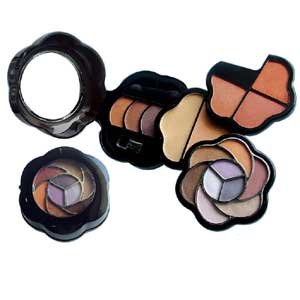For many people, facial appearance directly influences self-perception and interaction with others. A severe blemish on the face can directly affect a person’s quality of life. Common examples of facial blemishes include acne, scars and discoloration.
Researchers from Wake Forest University School of Medicine, the University of Texas School of Public Health, Vichy Laboratories and Tarnier Hospital evaluated a group of 73 women with facial blemishes. Each participant had facial blemishes due to one or more conditions. The majority of women surveyed had severe facial scarring, acne, melasma or hyperpigmentation .
The researchers used the Blemish Area and Severity Index to measure the area of the face covered by the blemish and to rate the severity of the blemish. The BASI survey included questions on health-related quality of life issues, as well as questions that measured each woman’s fear of negative evaluation by others.
Each participant was asked to rate their general health . The women were also questioned about recent physical or mental health issues and asked how often poor physical or mental health kept them from performing their usual activities.
In addition, the participants were asked to describe what their life would be like if they did not have blemishes. The survey also asked whether or not the women used corrective foundation to conceal their blemish.
After reviewing their data, the researchers found that women who use corrective cosmetics to cover their blemishes reported being worse off physically and psychologically than those who do not use the cosmetics. These results were true regardless of the type or severity of blemish.
While the researchers were unable to determine why women who did not use the makeup reported better quality of life, they assume it may have to do with these women having more confidence in their appearance.
The researchers also found that the participants, regardless of cosmetic use, believed that without their blemish others would view them in a more positive light, and that the overall quality of their lives would improve. There was also a direct correlation between fear of negative evaluation by others and low quality of life ratings.
These findings are significant because they reveal the degree at which facial blemishes can affect a person psychologically and impact quality of life.
The study appears in the Feb. 2007 issue of the International Journal of Dermatology.











